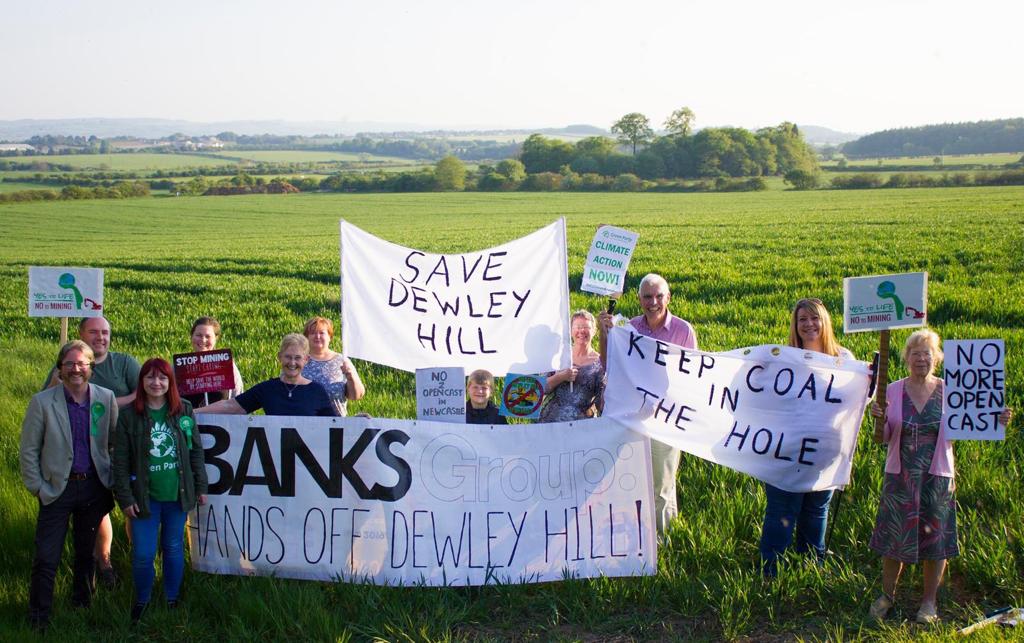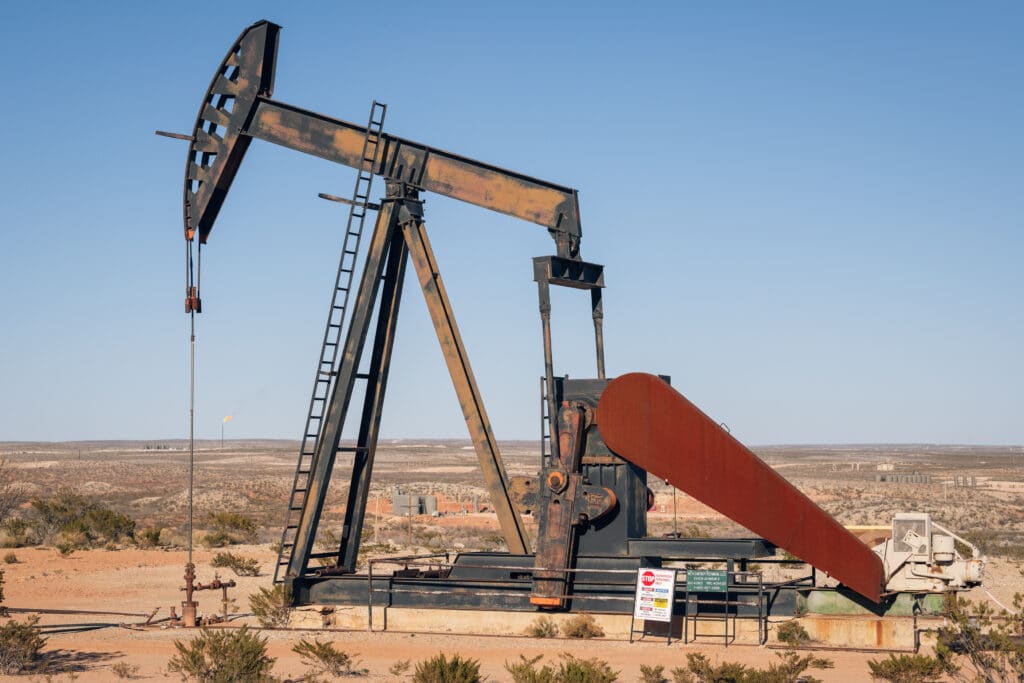Campaigners are today celebrating a “changing tide” after plans to extract 800,000 tonnes of coal in the North East were rejected.
A report for Newcastle City Council found the impact of an opencast mine at Dewley Hill would be “environmentally unacceptable”, prompting councillors to unanimously block the proposal.
Durham-based developer Banks Group, which submitted the plans, has slammed the decision as “outrageous”. The company has not yet signalled whether it will appeal against the decision.
Campaigner Anne Harris of Coal Action Network told DeSmog: “With this decision Newcastle City Council relegates this destructive practice to the history books and commits to working for the sustainable future of the area and of industry which is truly needed.”
“Banks Group needs to see that the tide has significantly changed against coal and in favour of a future for the North East which respects local people and the environment on which we are totally reliant.”
“Local people do not want this and thanks to the decision today, will not have it. Coal has had its day.”
‘Environmentally unacceptable’
Councillors cited damage to biodiversity, noise pollution, toxic coal dust and construction traffic as their main reasons for rejecting the mine, which would be situated on 250 acres of greenbelt land.
Trucks would have entered the site 75 times a day between 7am and 10pm, causing considerable disruption to local residents.
In total, the plans would have seen 1.2 million tonnes of mineral extracted, with an additional 400,000 tonnes of fireclay removed through a partnership with Ibstock Bricks.
Since 2019, local residents and campaigners have been fighting to protect the area from the threat of the mine, and submitted over 5,000 letters of objection to the council, compared to 1,450 in favour.
Like what you’re reading? Become a DeSmog patron today!
Jude Campbell, from campaign group Defend Dewley Hill, told the committee that the protection of nature was central to the fight.
“We want to continue to enjoy birdsong, not blasting; the tranquility of nature, not the vibration and thunderous noise of machinery; and spring lambs being born in our fields, not vast chasms of choking dust,” she said.
The committee also noted that carbon emissions from the proposed coal extraction would contribute to global climate change, and would conflict with the UK government’s target to achieve net zero emissions by 2050, as well as Newcastle City Council’s commitment to reach net zero emissions by 2030.
Labour Councillor John-Paul Stephenson noted: “This council has declared a climate emergency and has a target of net zero by 2030. To achieve this we need to take decisive action and we can’t dilly-dally.”
“Climate change is at the heart of every policy, every decision.. [To green light] it would be an insult to the young people who have campaigned so passionately for their future.”
Coal decline
The result marks the third rejection of coal extraction in the North East by Banks Mining in the past six months, as the UK edges towards a complete phase-out of thermal coal by 2025.
In July, plans to extract 90,000 tonnes of coal from Bradley opencast mine in County Durham were turned down, before Communities Secretary Robert Jenrick threw out a longstanding application for a mine in Druridge Bay in Northumberland.
Use of coal in energy has plummeted over the past decade. Emissions dropped from 20.5 million tonnes (Mt) in 2018 to 11.7 Mt in 2019 as the number of coal-fired power stations declined and investment in renewable energy has grown.
While the UK has pledged to phase out thermal coal for energy use, the government’s ambiguous stance on coking coal for steel – known as metallurgical coal – has enabled developers to continue putting forward proposals for some coal projects, such as this one.
Banks Group has consistently argued that the site would create 100 new jobs for the area and maintain existing jobs in the North East, but councillors told today’s meeting that the potential economic benefits of mineral supply and job creation would not outweigh the development’s environmental harm.
Jeannie Raine, community relations manager at Banks Group, said Dewley Hill had been identified as a mineral site in the city less than six months previously.
“Given this fact, it is outrageous that, in the height of the worst economic crisis of our generation, its planning committee has decided to dismiss over 200 existing, well-paid North East jobs and has not grasped the opportunity to support a £75 million investment in the regional economy which would secure local supplies of much-needed minerals at the lowest environmental cost.”
The group would now examine the “precise reasons for this decision before deciding on the most appropriate next steps to take”, Raine said.
Main image credit: Defend Dewley Hill
Subscribe to our newsletter
Stay up to date with DeSmog news and alerts







